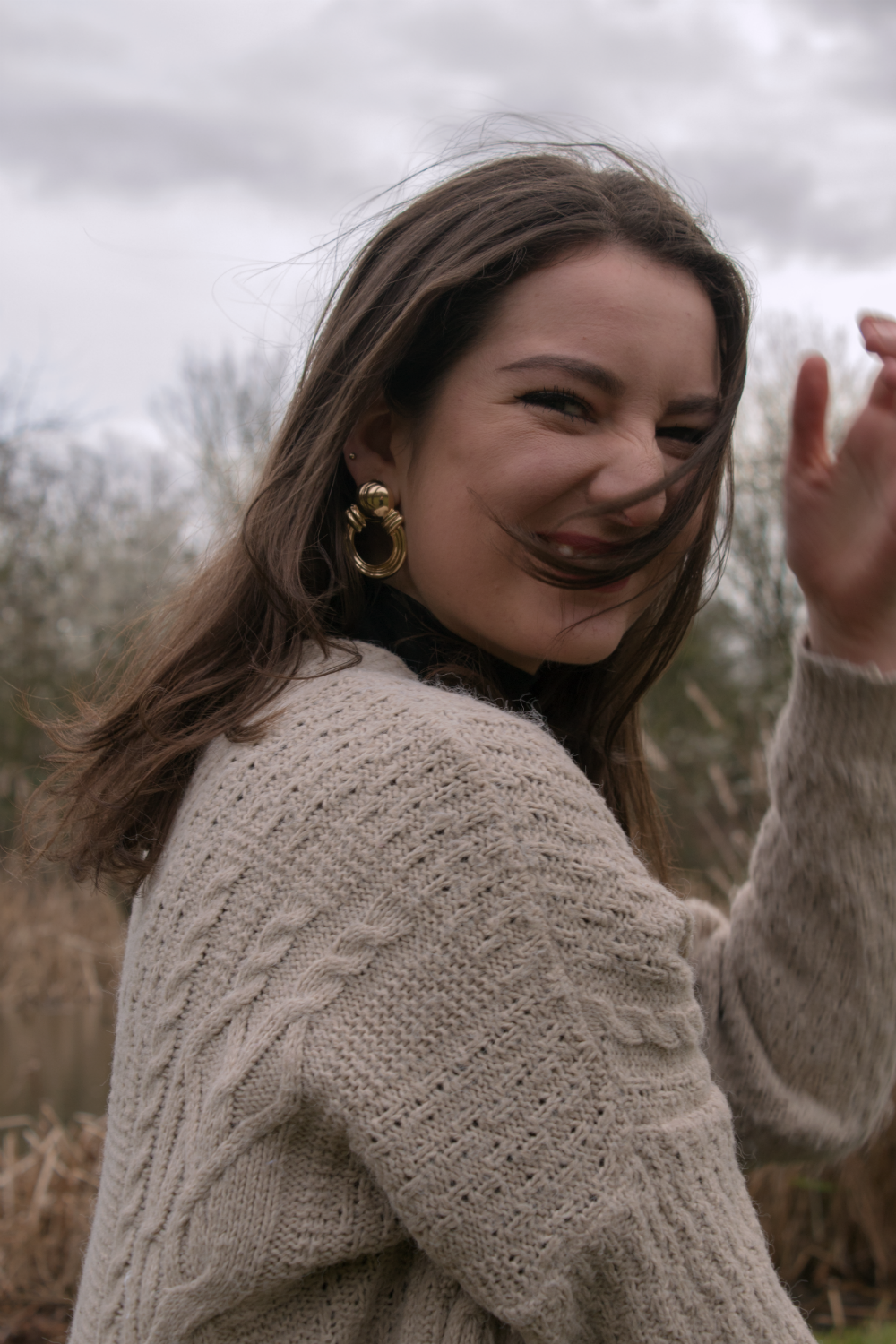Period poverty and street harassment - how lockdown has made these worse than ever
The pandemic has seen pre-existing challenges worsen for millions of women and girls. From India to Togo, 15 women from across the world share their new normal
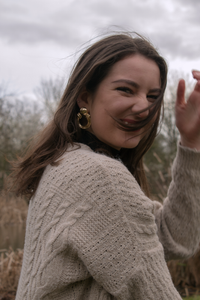
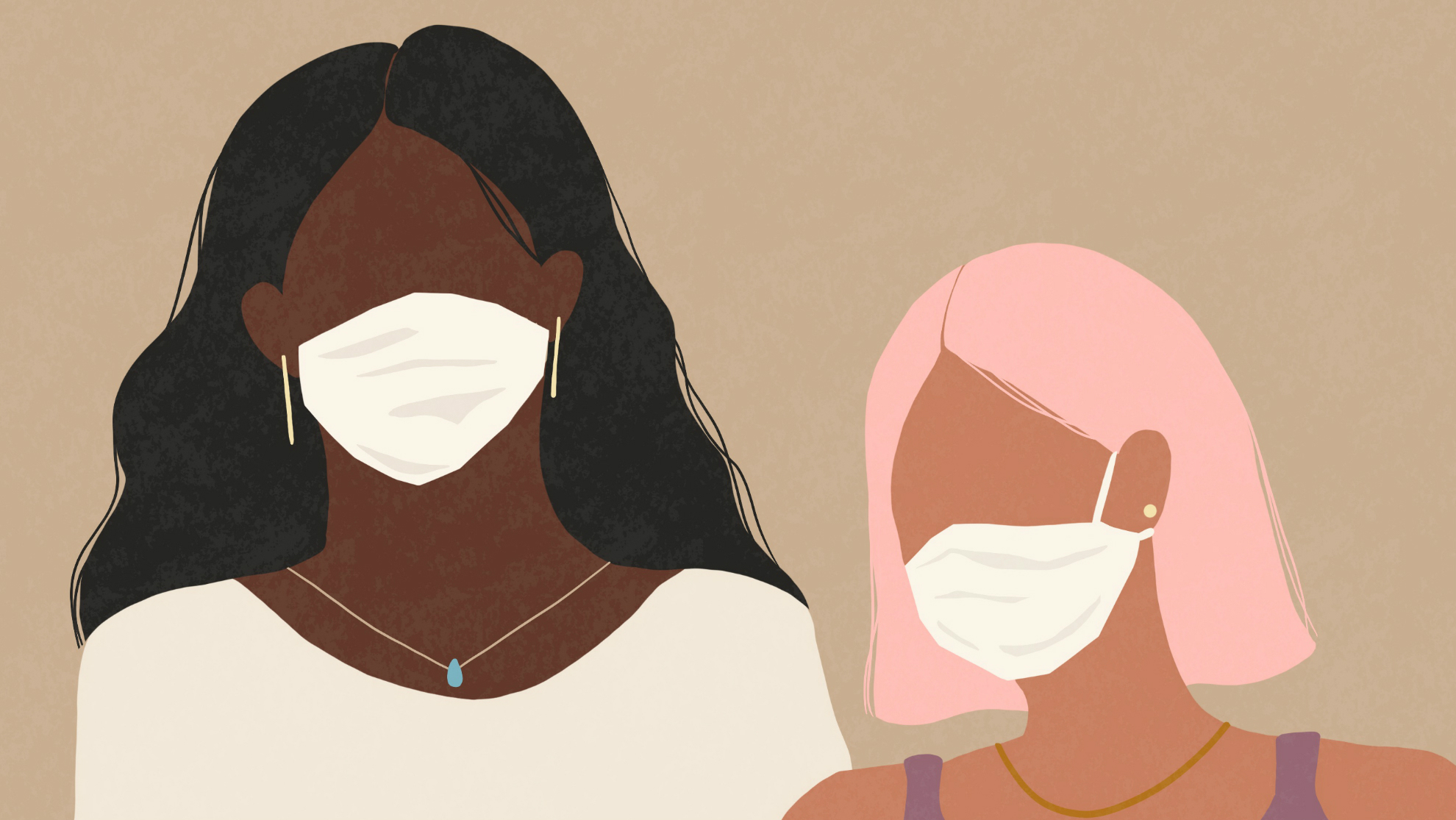
The pandemic has seen pre-existing challenges worsen for millions of women and girls. From India to Togo, 15 women from across the world share their new normal
'The day lockdown was announced, I was on the first day of my period,' says 20-year-old Sajju from Nepal. 'I raced to the nearby shop as I was worried there would be shortages of sanitary napkins as well as food.'
The pandemic has exacerbated many inequalities in our pre-COVID lives, but, according to a new study by Plan International UK, there are millions of women and girls across the world at greater risk of period poverty and street harassment.
Plan International estimate there are 743 million girls currently out of education across the globe, and with lockdown restrictions keeping them at home, as many as 30% have limited or no access to period provision. Rose Caldwell, CEO of Plan International, said that while we’ve heard much conversation about toilet paper supplies throughout the pandemic, far less has been mentioned about girls and women going without period products. ‘Lockdown has exacerbated the already prevalent problem of period poverty in the UK, and we have heard from girls we work with from Kenya to Nepal that this is being reflected across the globe.
‘As we look to an uncertain future, more young women than ever are likely to face issues affording the products they need. We must commit to ensuring they are supported with free access to products, receive timely education on periods and feel able to talk about the issues they face without fear of shame or stigma.’
As for the rising tide of unchecked street harassment, Atlanta, an 18 year-old key worker from the UK, revealed her fear of working to work and also taking her daily hour of exercise, where unsolicited stares from men are all the more tricky to ignore on empty streets. 'I never really felt safe exercising outside my house, but during the lockdown I'm increasingly aware of the looks I get from men, especially when I'm wearing my gym shorts.'
As the pandemic continues to put all our lives on hold, it's hardly surprising that anxiety levels are high among women worldwide. Plan International's study also uncovered one group feeling the brunt of the pandemic keenly, young women with disabilities, who need round-the-clock care. This type of care makes social distancing impossible - putting them at risk of contracting COVID-19.
Celebrity news, beauty, fashion advice, and fascinating features, delivered straight to your inbox!
Aimee, a 24-year-old from Togo, is wheelchair bound and relies on various care-workers. 'I rely on other people to help me eat and drink, says Aimee. 'I don't know if that person is infected or not. If they have the virus it's very easy to pass it on to me.' Aimee is a high-risk case but she's far from alone with her worries and life-changing concerns.
'Right now I feel very uncertain about what’s coming next', says 20 year-old Fatima from the USA. 'I’m worried about my family’s health. I’m worried about internships, scholarships and opportunities to study abroad.'
Speaking to fifteen young women in countries ranging from Liberia to Finland, we shine a light on the individual challenges each woman faces during the pandemic. Here, they share their stories, as well as messages of hope for their global sisters in lockdown.
For more information on Plan International’s work, see plan-international.org
Praise, 13, Liberia
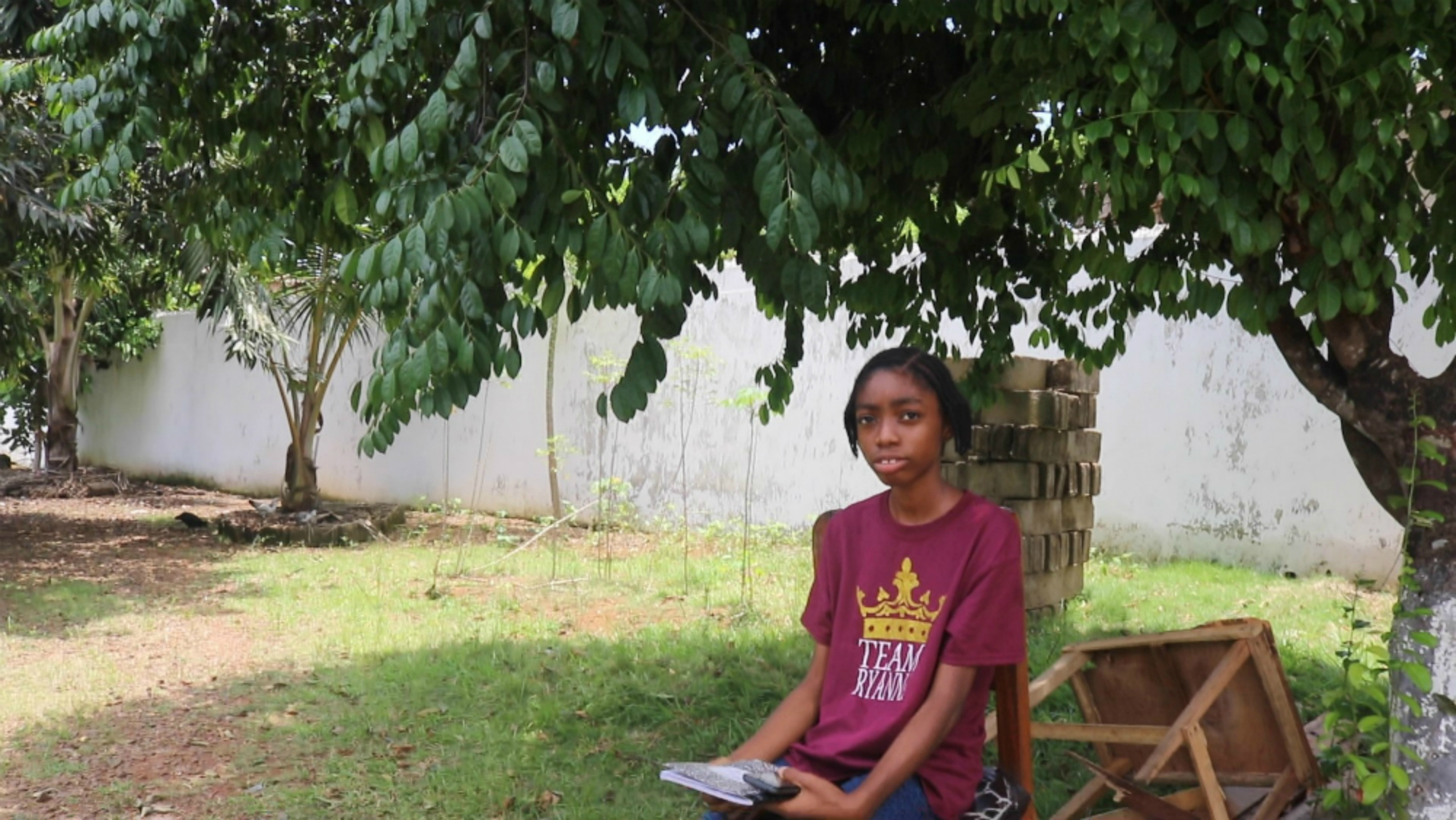
'I feel upset because I miss my classmates and teacher. At home I help my mother with chores and I read books. I want to study to become a fashion designer in Paris. But I’m afraid that a cure for coronavirus will take a long time to find and the world will continue on lockdown. During this time, I urge others to keep reading and to keep up with lessons so when the crisis ends we are all able to do more.'
Fatima, 20, USA
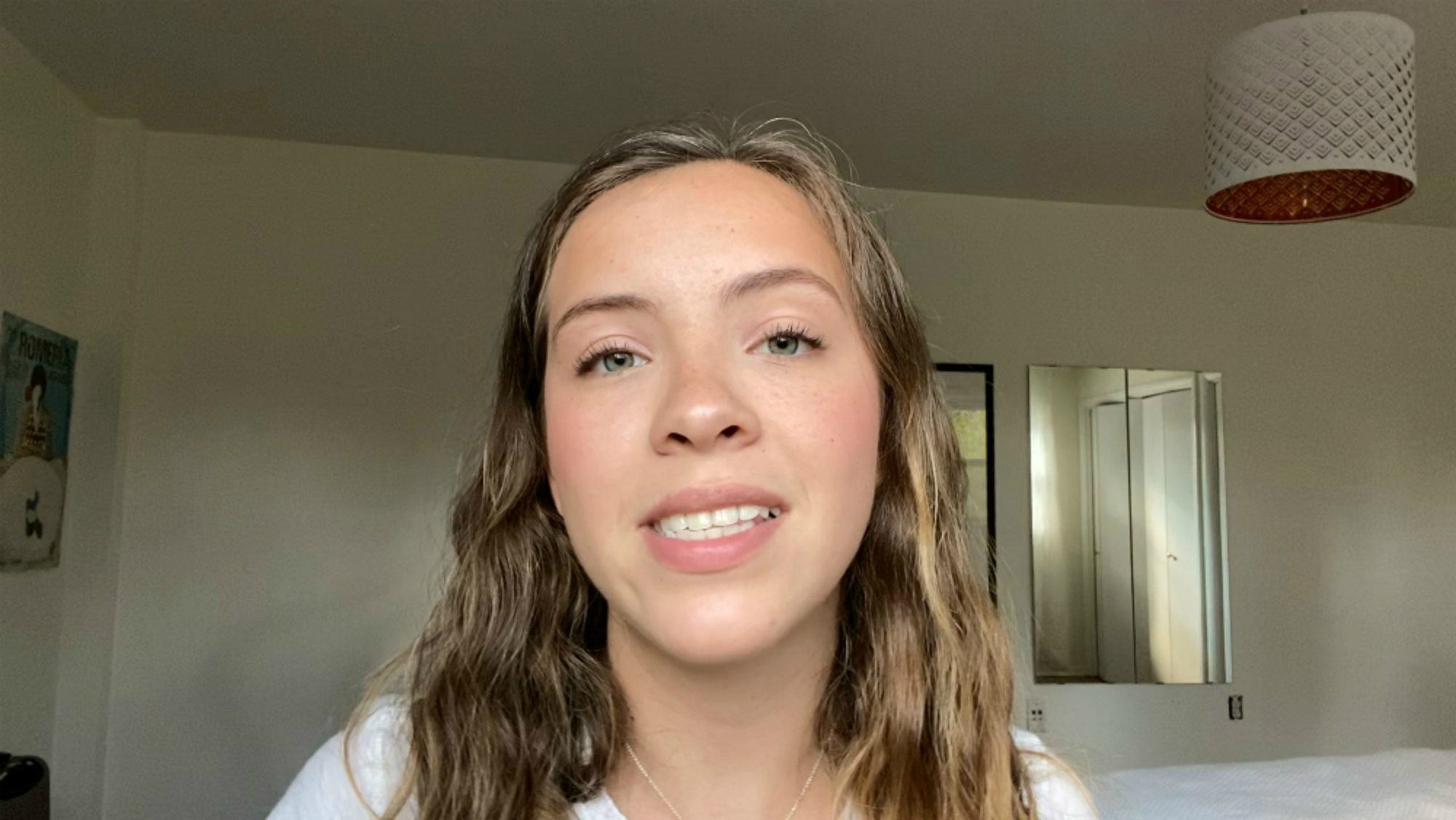
'Right now I feel very uncertain about the situation and what’s to come in the future. I’m worried about my family’s health. I’m worried about internships and scholarships and study abroad opportunities, I’m worried about my mum’s business and other financial implications. My mum owns a sewing shop so I’ve been making masks to hand out to people in the community. My brothers and I are learning to cook so we can help at home. But I’m missing being part of a community and going to events, and feeling part of something larger.'
Riko, 17, Japan
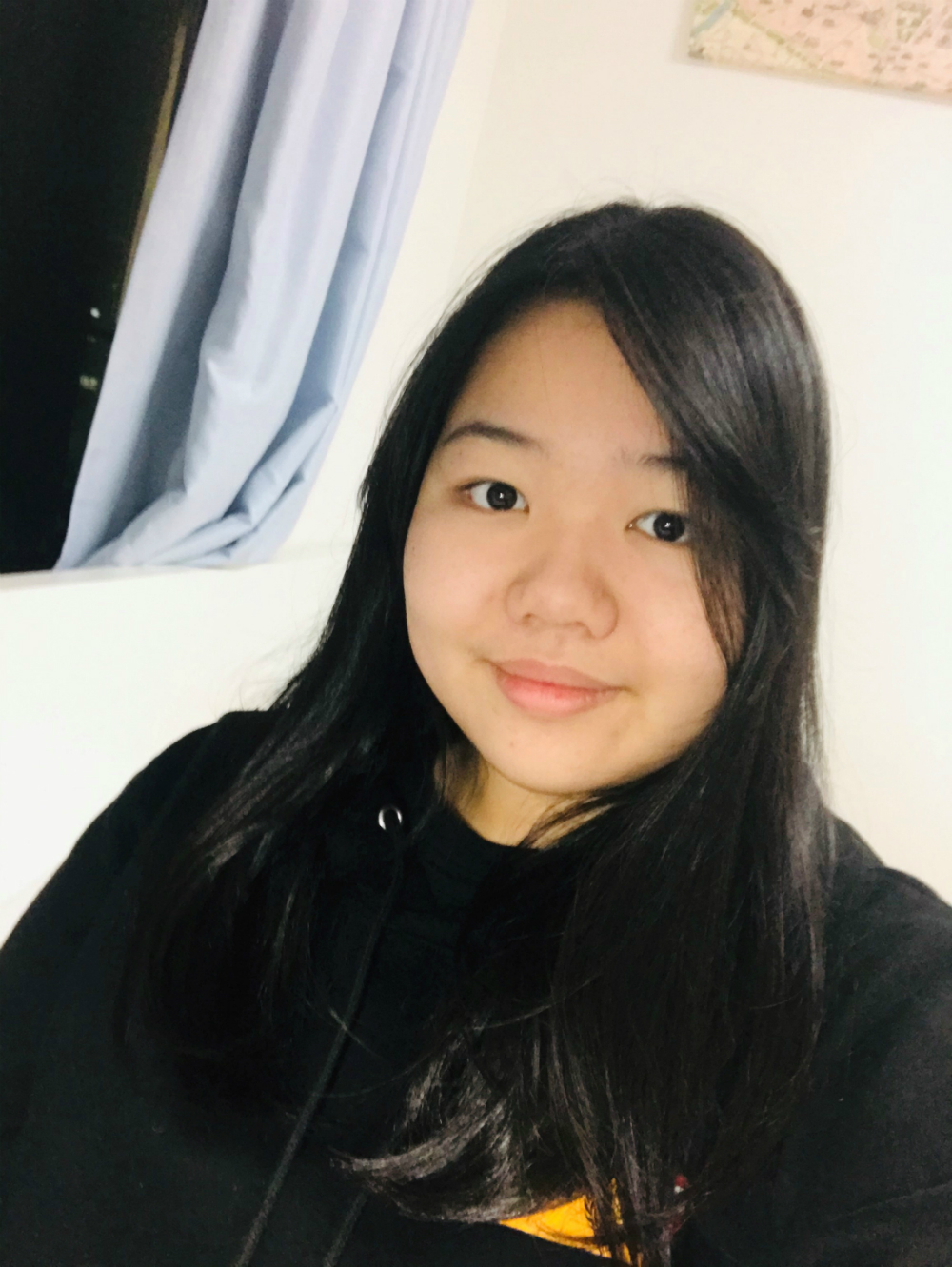
'I feel deeply concerned about the health of my parents. Even though the government has advised the country to not go out, both my parent’s companies have not allowed their employees to work from home. As a result, my parents have no choice but to commute every day using public transport. I miss going out without a mask on and I miss being close to my friends.'
Rachel, 16, Northern Ireland
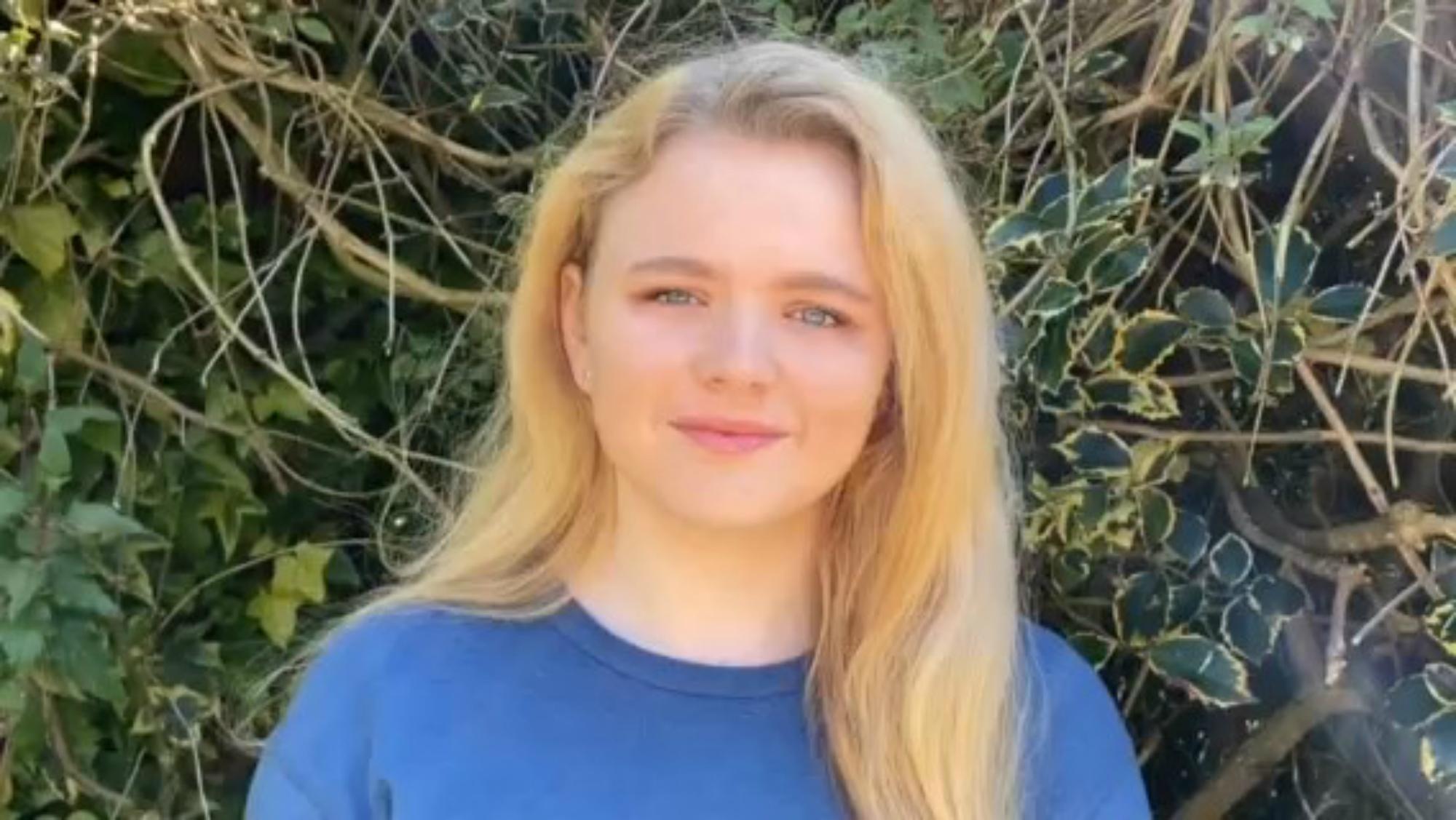
'I was meant to be sitting my exams in a few weeks. I really miss school. And not just for my friends, but also the routine of school. The coronavirus is pretty scary as my sister falls into a 'at risk' category due to a health condition. My family and I are trying to stay positive, but I’ve had to tell myself it’s OK if you’re scared as long as you don’t let it completely consume you.'
Sajju, 20, Nepal
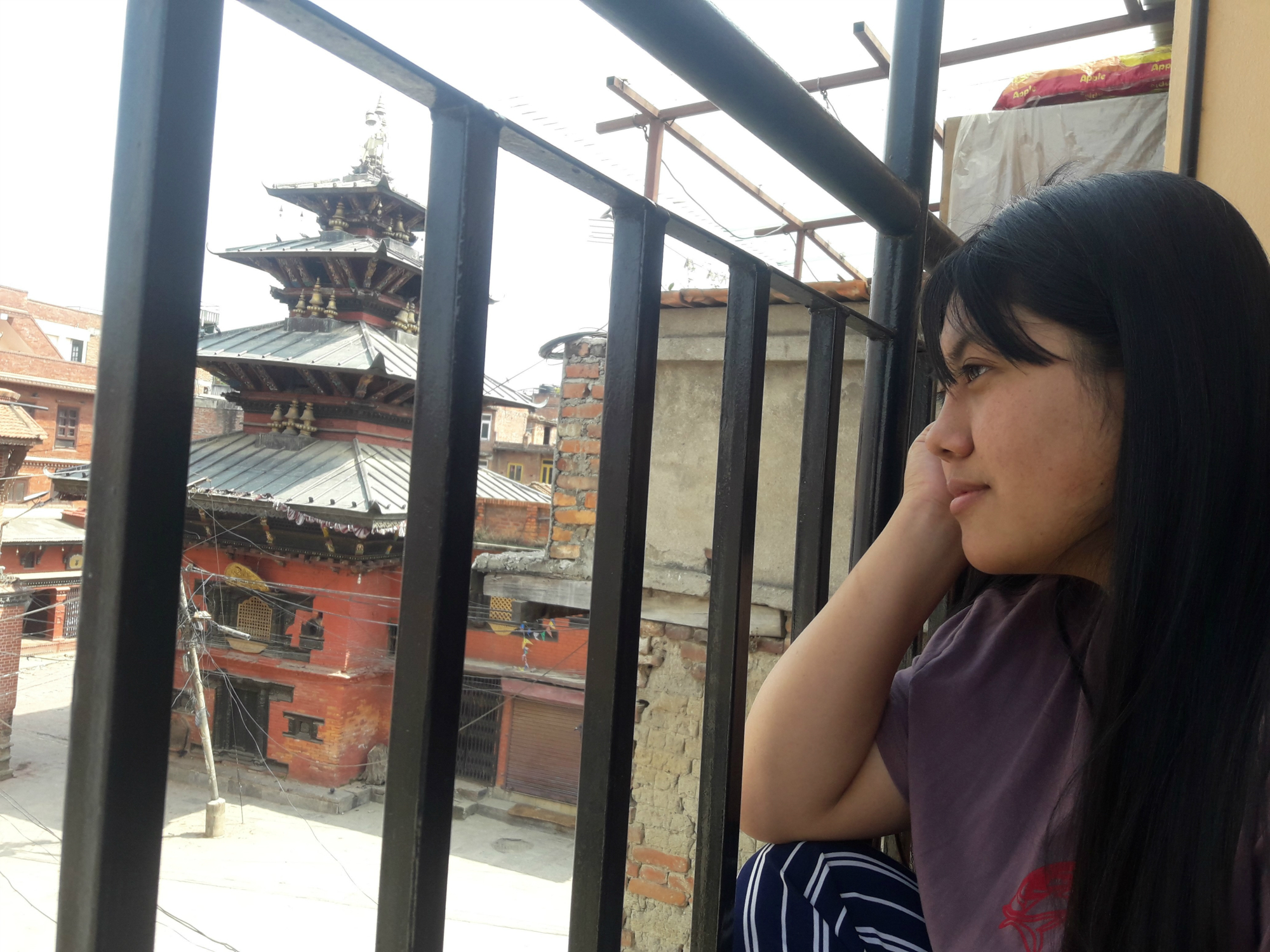
‘The day when lockdown was announced here, I was on the first day of my period. I raced to my local shop to buy sanitary products. I was worried about shortages. The government should not forget that while there is a lockdown in the country, our periods are not going to lockdown at all. They should ensure the accessibility of sanitary products for all the girls in my country.’
Aava, 15, Finland
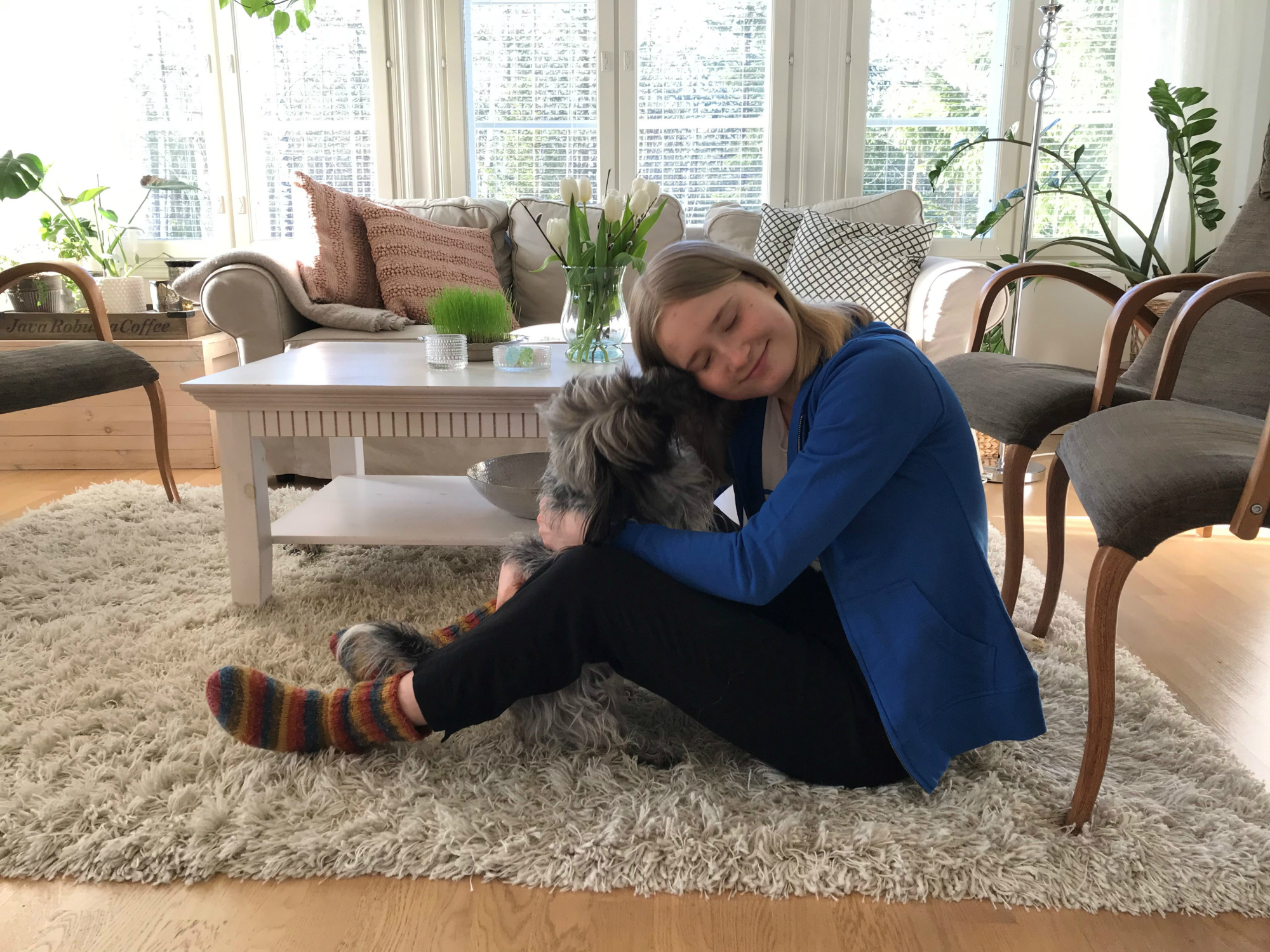
‘I miss going to school because I am scared that I'm not learning enough as things are. I’m feeling quite good in myself but I'm worried about my grandparents and other old people. I'm also worried about what will happen next. I’m scared that countries will no longer afford to prevent climate change. However, I'm hopeful there will be a better tomorrow, but now we have to be patient and wait.’
Wendy, 23, Zimbabwe
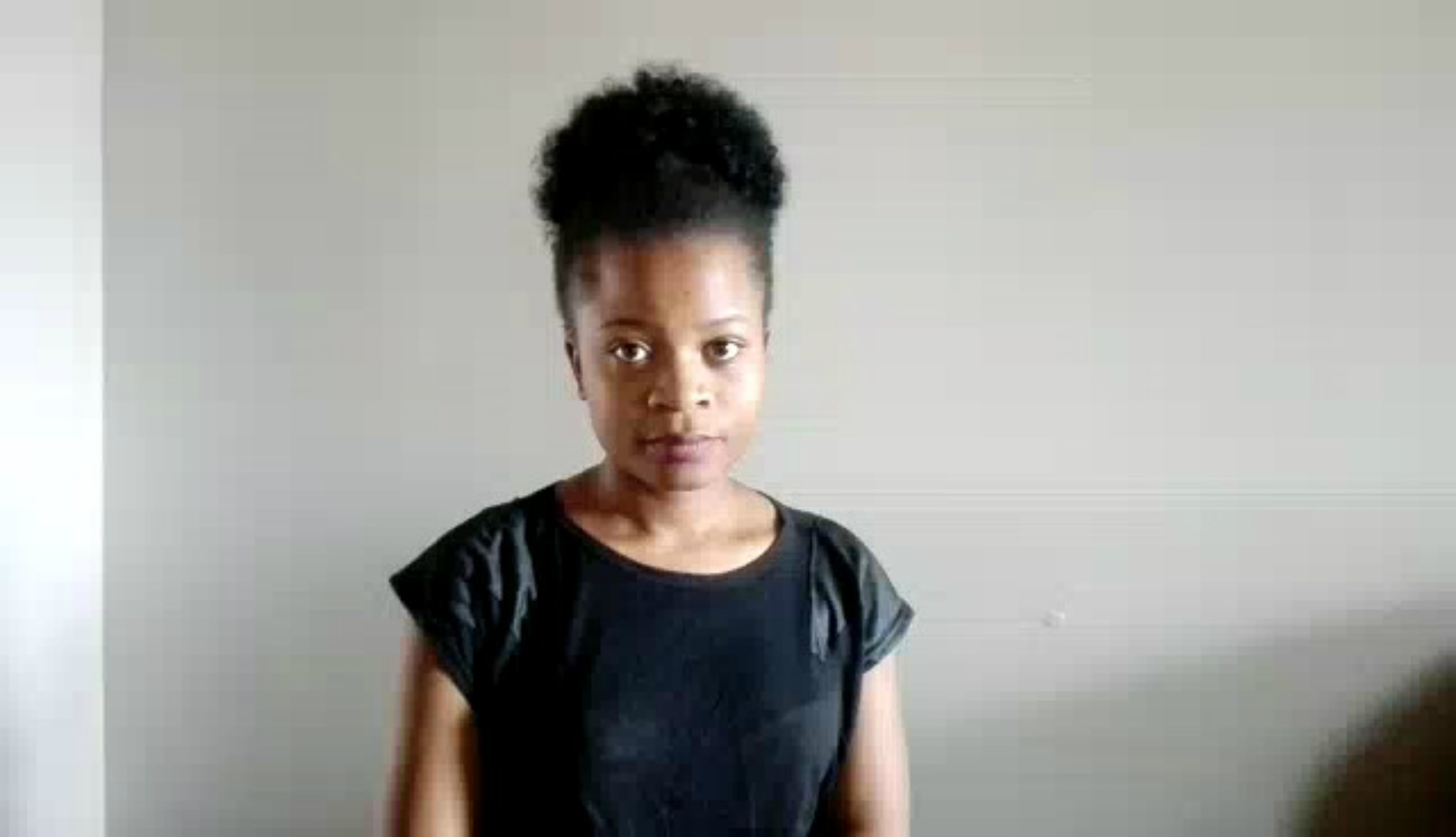
‘The pandemic has really affected my life, mostly negatively because I am no longer going to university, affecting my civil engineering studies. I’m scared of getting infected, dying being the biggest fear. All I do is think and it’s so depressing. I miss my freedom – I feel like a prisoner. As a family we are coping by doing bible studies together and playing games. As a community we spread the word of keeping safe and staying home, and sending encouraging messages via social media.’
Laila, 18, Australia
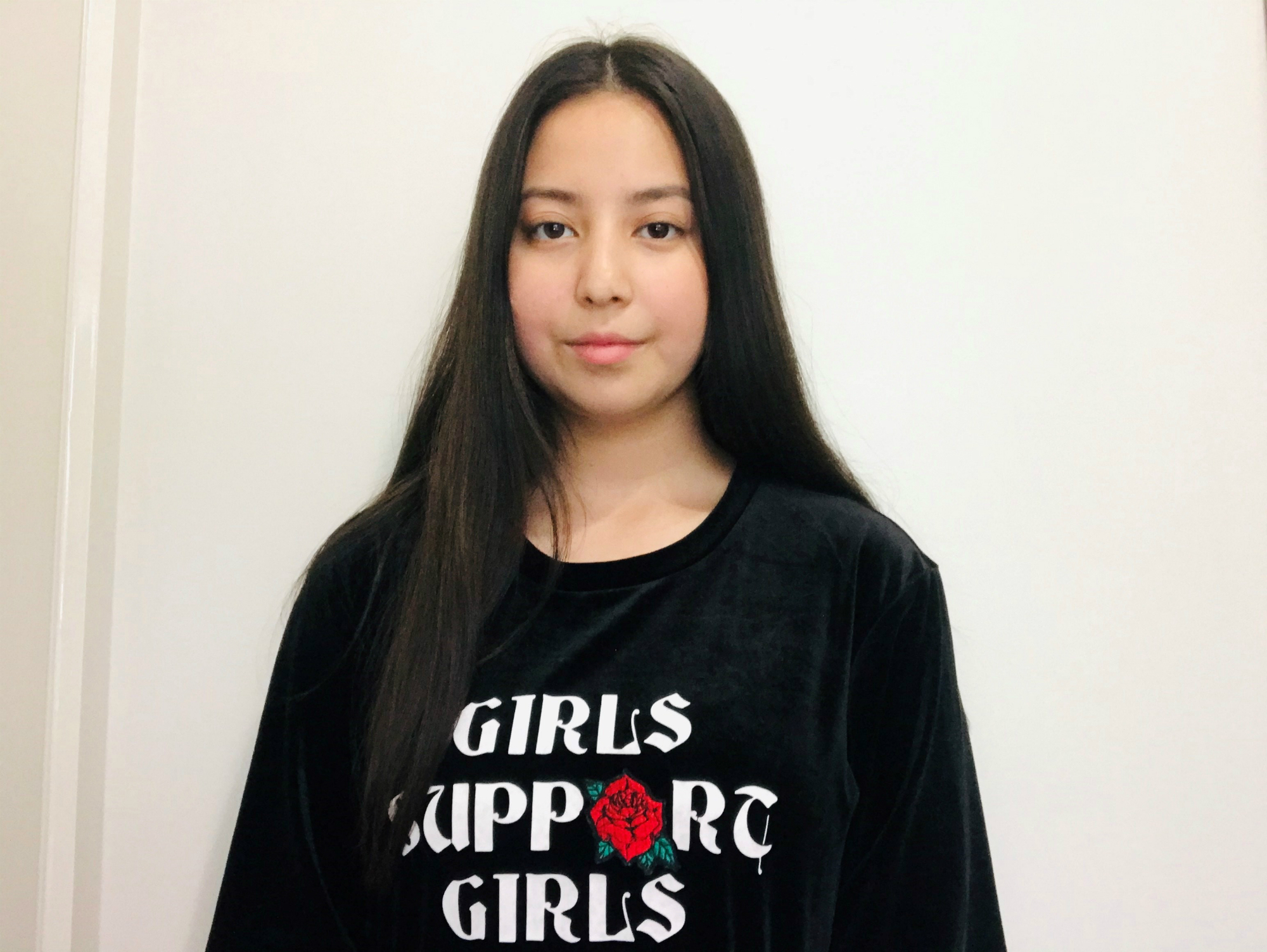
‘I’m a nursing student in my final year and we’ve moved to online classes. I feel very stressed and anxious about education, as I’m not sure if I’m graduating this year. During these times I tend to withdraw and seek solitude. My message to others is to remain hopeful and remember you are strong, powerful and resilient.’
Amelia, 19, Guatemala
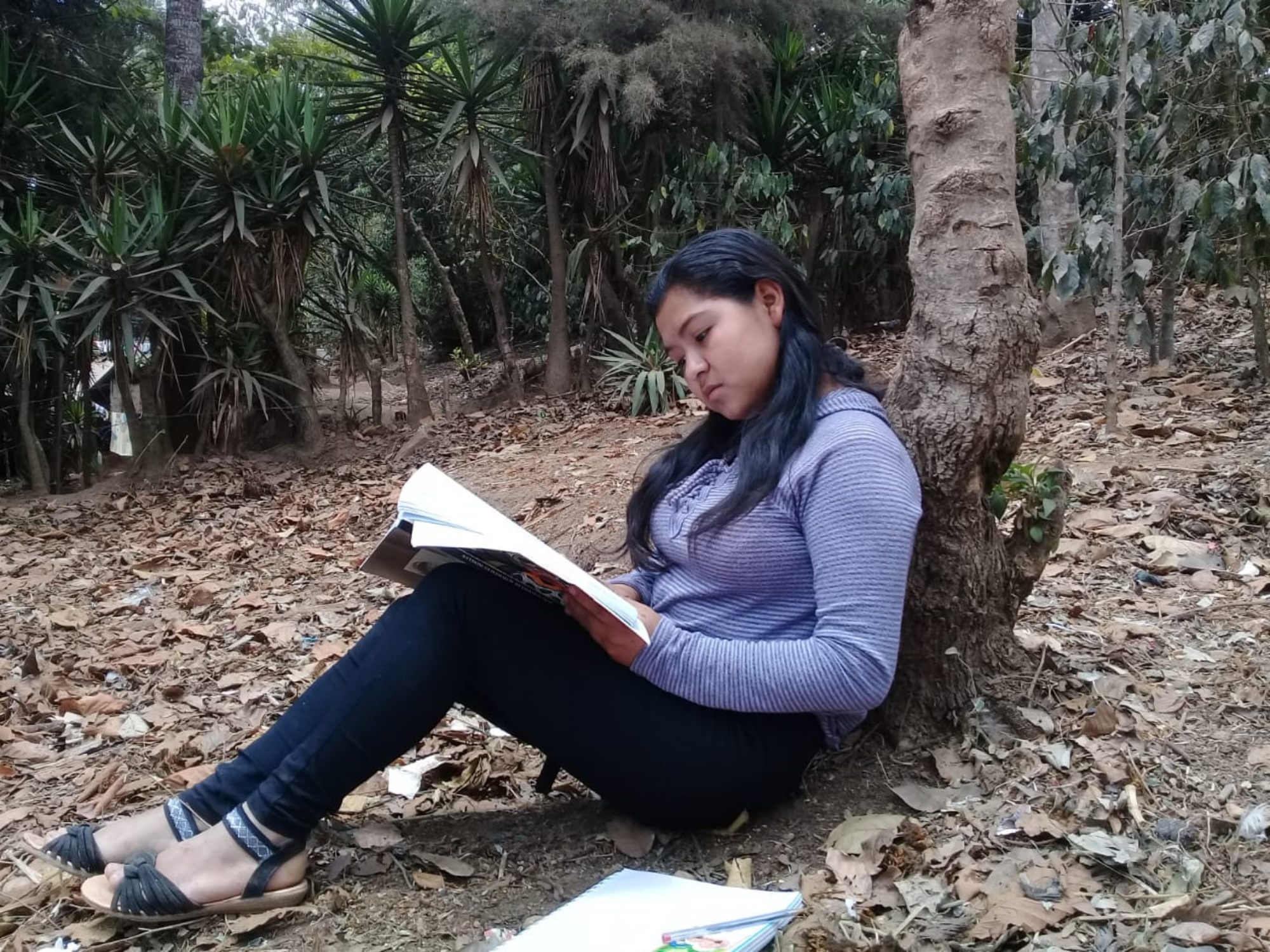
‘My life has changed in positive and negative ways. I’m usually always out of my home and I miss that. Now I'm supporting my brothers and sisters with their reading and writing. I worry how this pandemic is affecting so many people and families, parents who do not have a job and don’t receive a salary. To be honest my family is one of them. Nobody in my family has a stable job. We support each other by dividing up the household chores. That’s how we survive.’
Cyrilein, 23, Netherlands
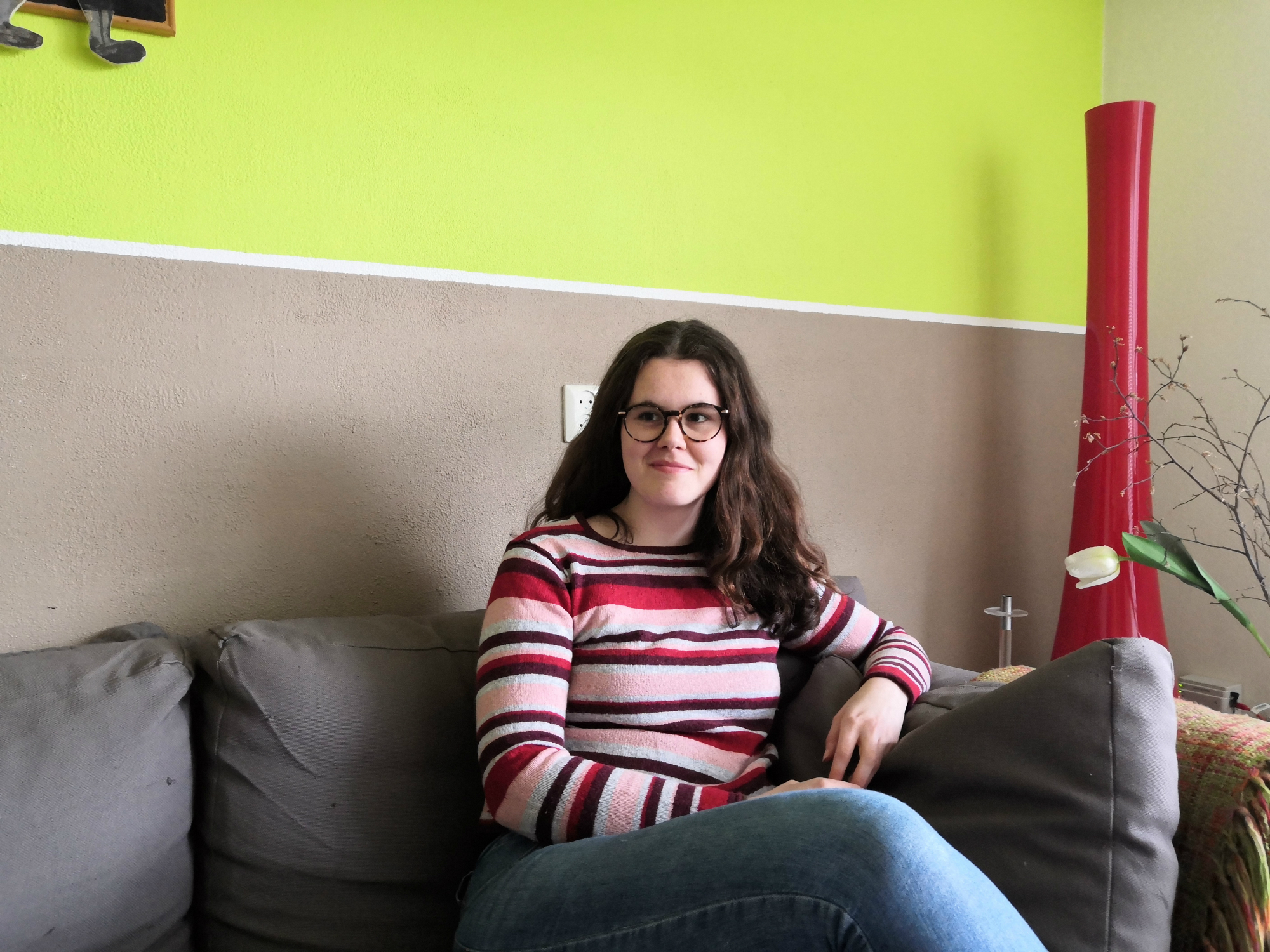
‘I lived on my own in a small studio before the pandemic but I struggled with being alone all the time. So now I'm back living with my mum and my brother. Losing my normal way of life has been pretty difficult, so lately I've been feeling sad more often than usual. My friends and I try to help each other by sending a message, a postcard or through video calls. It's easy to hide away, when in actual fact we need one another.’
Aimee, 24, Togo
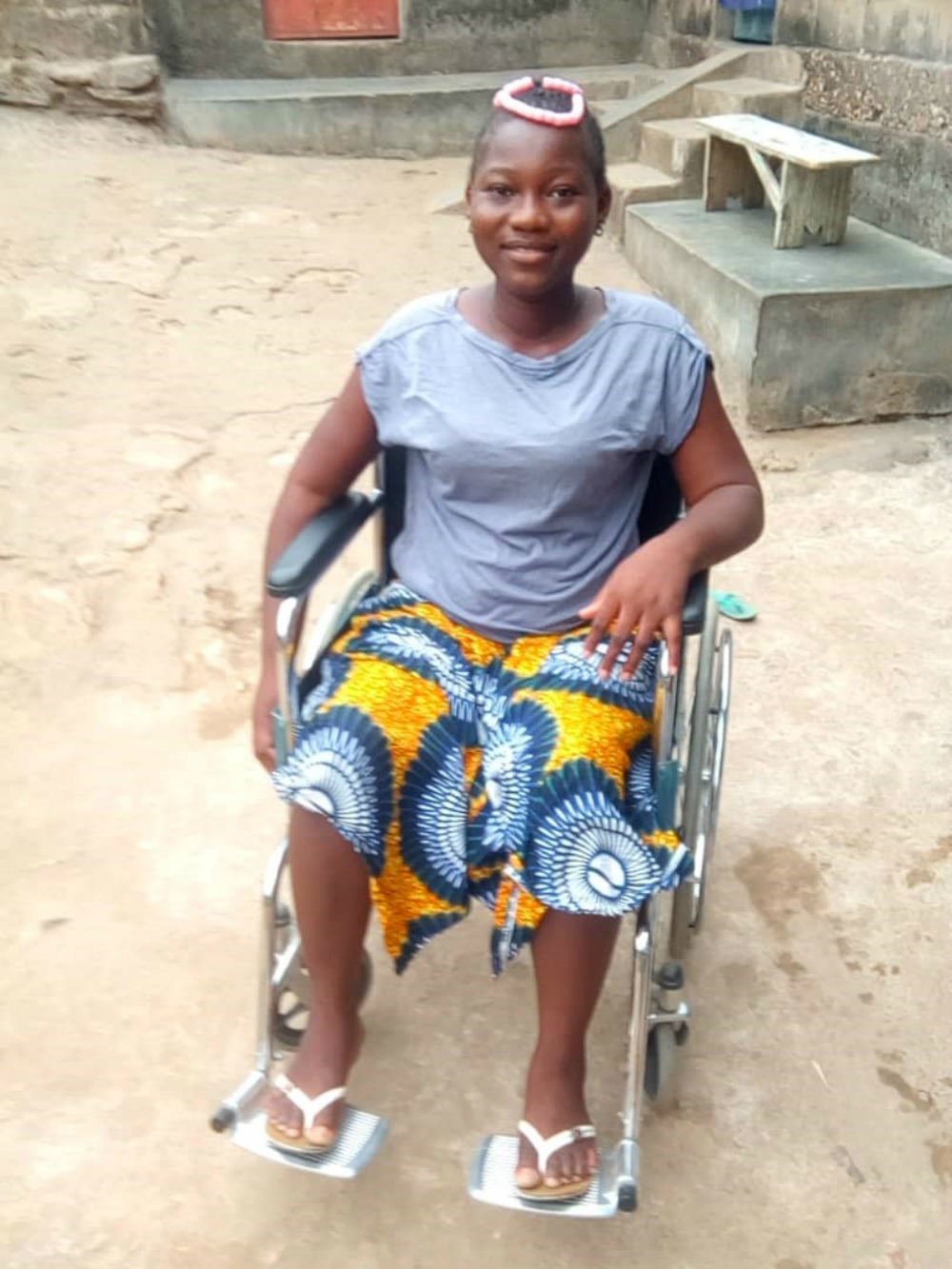
‘As a person living with a disability, I always need someone to help me out in various circumstances. They have to help me move around, eat and do many things. I don’t know where my helpers go, what they touch or if they wash their hands but I need their help. I don’t have a choice. I don’t know if that person is infected or not. If they have the virus it’s very easy to pass it on to me.’
Sisa, 19, Ecuador
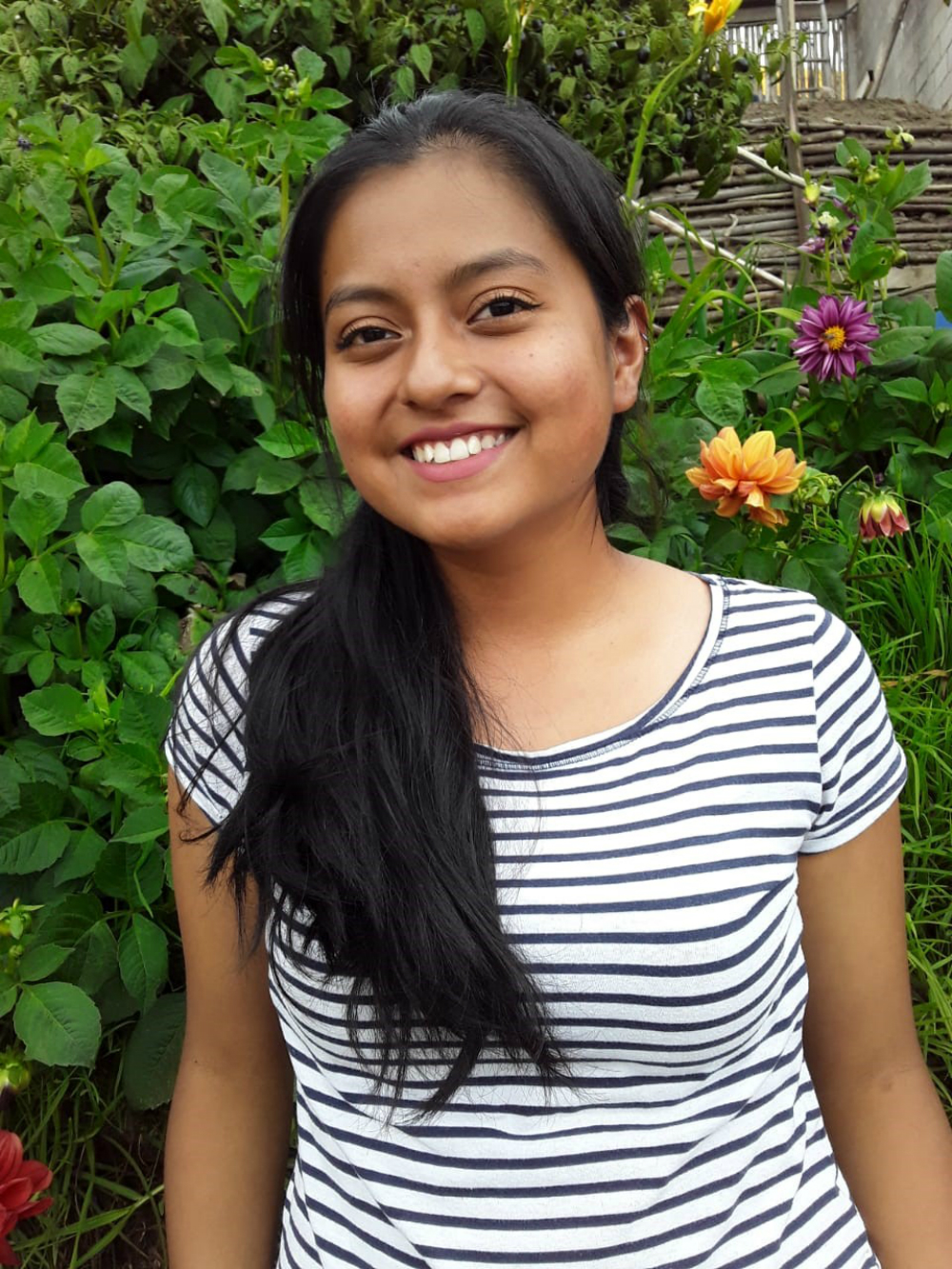
'With the quarantine it is now impossible for my family to make a living. In this context I am always worried about how long our provisions will last us and what will happen when they finish. I miss my classmates so much, being able to laugh and meet peacefully. My message is to have faith and hope that all this will end. That we will emerge victorious from this crisis.'
Atlanta, 18, England
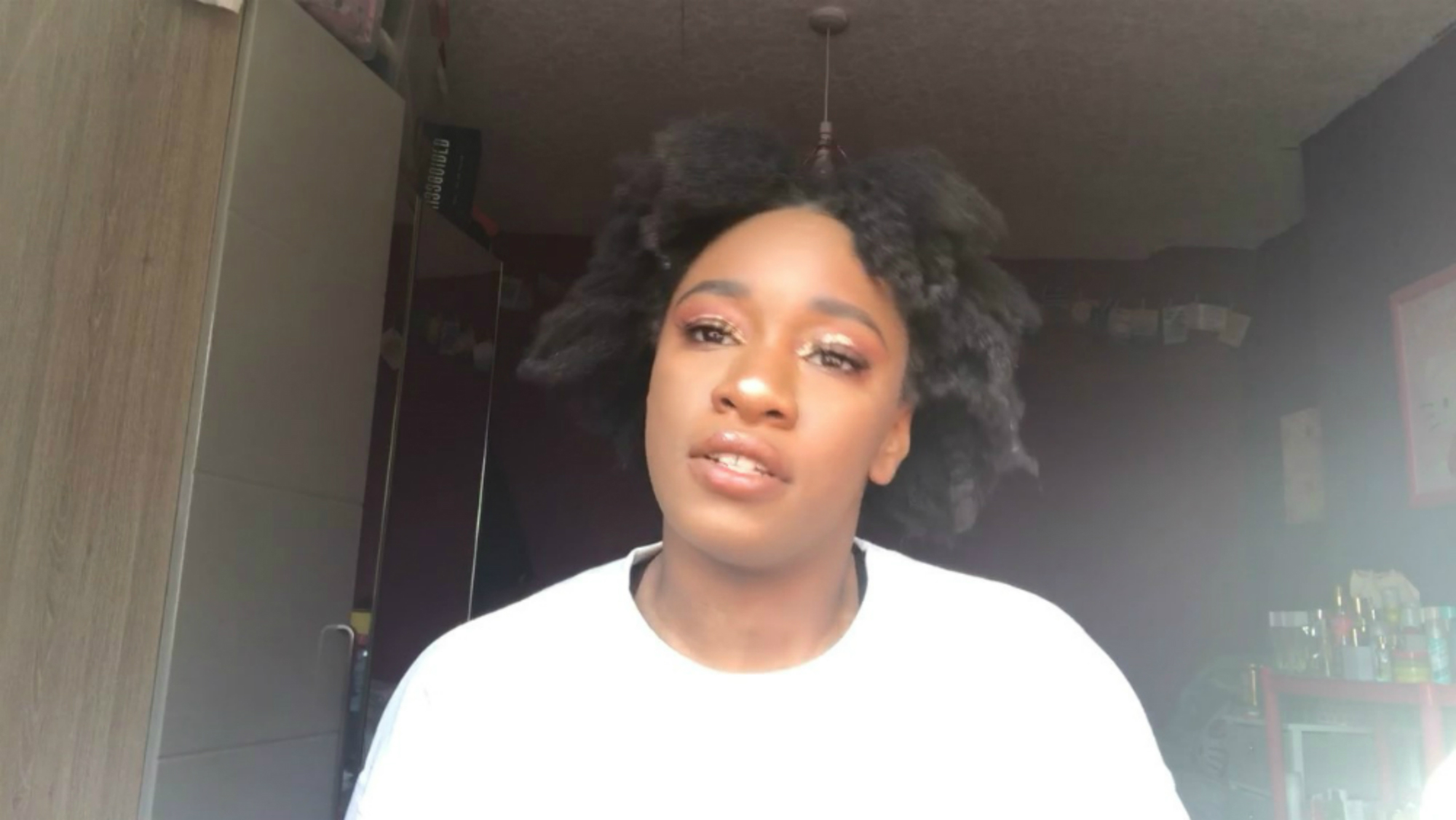
‘Right now I feel like I am living through someone else’s lens, like I’m watching a movie but from someone else’s perspective. Because we’re in such an unprecedented time and it’s all so uncertain. I feel like I’m distancing myself from reality. I never really felt safe exercising outside my house, but throughout the lockdown I'm noticing the looks men are giving me if I exercise in shorts. I’m on edge already so I'm recognising things more.’
Beiufan, 14, Laos

‘In my family women normally do all the cooking which means we have to go to the market. It's always crowded and we feel scared about getting infected. After coming home from the market, we clean ourselves before cooking so we don't infect others. Currently my school has been turned into a quarantine centre for migrant workers.’
Rhea, 19, Canada
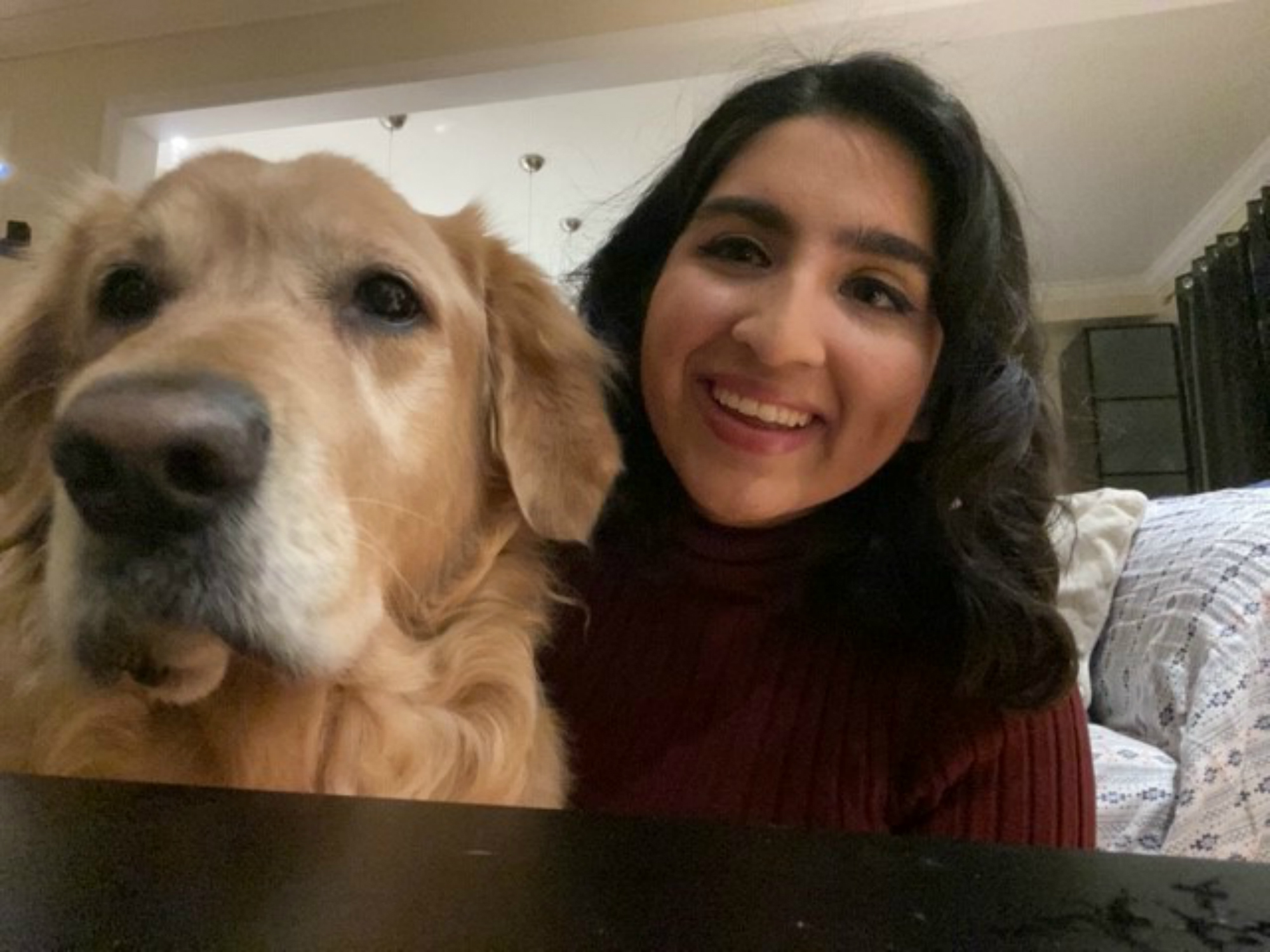
‘My family and I are staying active and taking our dog out for walks. Having a dog has been really amazing during this time and has helped me cope with this rapidly-changing situation. Also, my family owns a small local business and it keeps us going when people come and order food from us, support us and tell us they’re grateful for what we’re doing – it really makes a difference.’
Niamh McCollum is Features Assistant at Marie Claire UK, and specialises in entertainment, female empowerment, mental health, social development and careers. Tackling both news and features, she's covered everything from the rise of feminist audio porn platforms to the latest campaigns protecting human rights.
Niamh has also contributed to our Women Who Win series by interviewing ridiculously inspiring females, including forensic scientist Ruth Morgan, Labour MP Stella Creasy and ITV’s former Home Affairs Editor Jennifer Nadel.
Niamh studied Law in Trinity College Dublin. It was after enrolling in a Law & Literature class on her year abroad in Toronto that her love of writing was reignited. In no particular order, her big likes are Caleb Followill, hoops, red wine, sea swimming, shakshuka and long train journeys.
